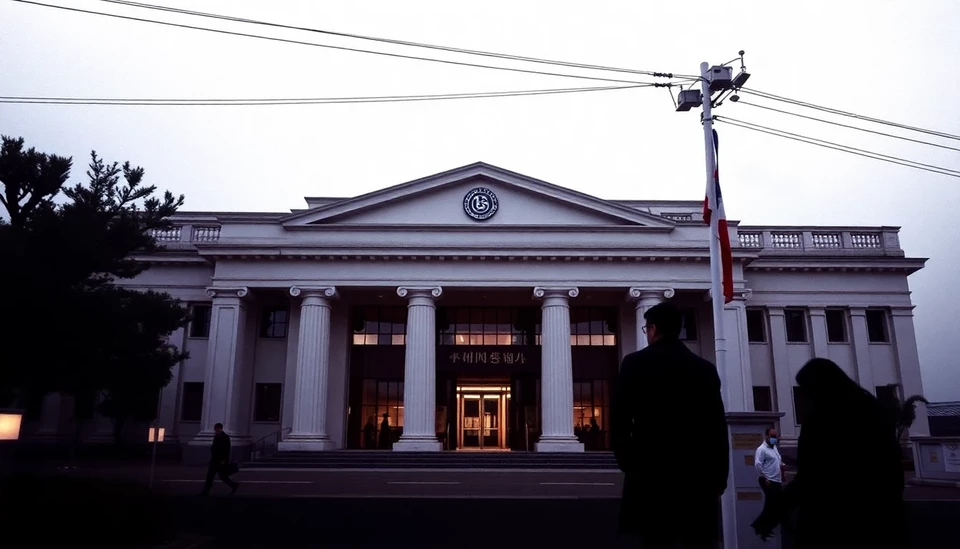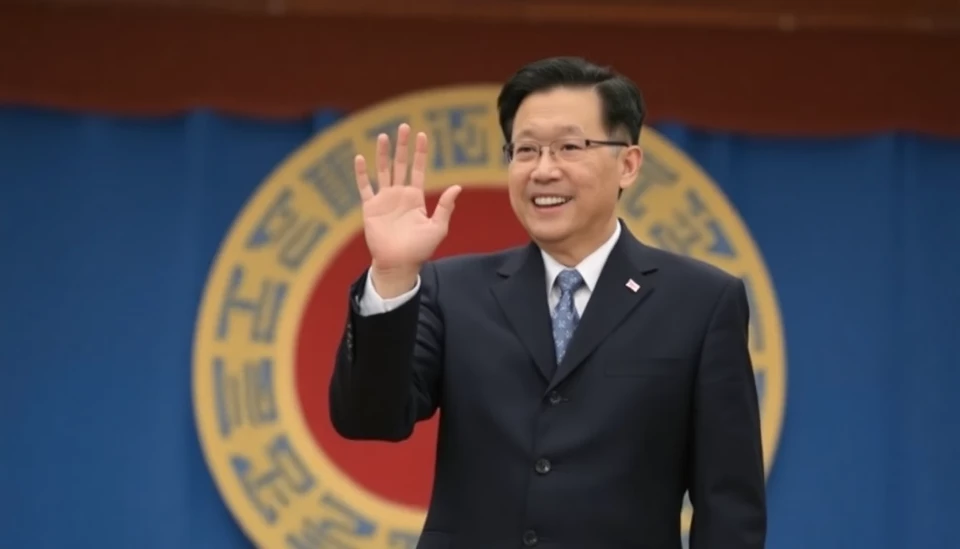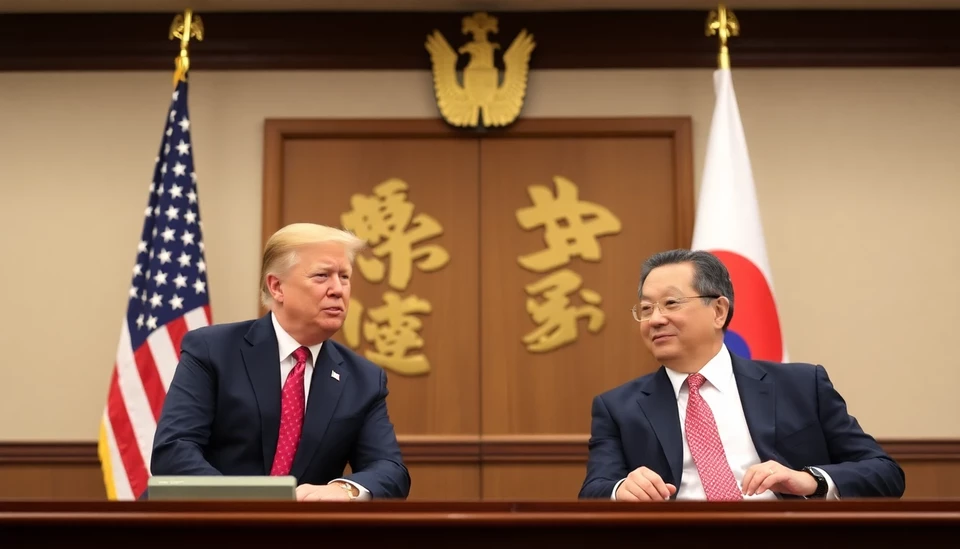
Recent economic analysis indicates that South Korea's chip exports are facing significant challenges, a scenario that may lead to more rapid interest rate cuts by the Bank of Korea (BOK). As global demand dwindles and market conditions fluctuate, the South Korean semiconductor industry, which is a crucial pillar of the nation's economy, is grappling with a downturn that could have broader implications for monetary policy.
Data released shows that South Korea’s semiconductor exports fell by an alarming 31% year-on-year for the month of September. This drop aligns with earlier trends of reduced semiconductor sales, primarily influenced by weaker demand from major markets such as China and the United States. The semiconductor sector not only plays a vital role in technological innovation but also constitutes approximately 20% of the country's total exports, thus making its health critical to South Korea's economic stability.
Economic analysts highlight that the ongoing downturn in chip exports is likely to prompt the BOK to reassess its monetary policy. The central bank, which had previously adopted a more cautious stance on interest rates due to inflation concerns, may shift towards a more dovish approach in light of the export decline. With inflation pressures easing and the economy showing signs of weakness, including reduced consumer spending and investment, the BOK could act more swiftly to cut rates to stimulate growth.
This situation is compounded by South Korea's exposure to global economic fluctuations, especially in the tech sector. As competition intensifies and demand for chips wanes, companies are feeling the strain. The latest financial outlook suggests that manufacturers are preparing for an extended period of low demand, raising concerns about potential layoffs and decreased production capacities.
In a recent statement, officials from the BOK hinted that they are increasingly contemplating the effects of these export trends on broader economic activity. Should the semiconductor exports continue on their current path, it could lead to a reassessment of future rate hikes, allowing for a quicker pivot towards rate reductions as a counteractive measure to support the faltering economy.
Investors are closely monitoring the central bank's next moves, as changes in interest rates can significantly impact market dynamics, particularly in the tech-heavy Korean stock market. Predictions suggest that if the BOK decides to lower rates sooner, it could invigorate investor sentiment, potentially reshaping the economic landscape for the remainder of 2024.
As the semiconductor industry faces these challenges, all eyes remain on how the BOK navigates this complex economic environment. The potential for rate cuts could herald a new phase in South Korea's economic policy, aiming to balance between stimulating growth and managing inflation.
In conclusion, the decline in South Korea's chip exports not only raises questions about the immediate future of the semiconductor sector but also poses a significant challenge for monetary policy at the Bank of Korea. With economic pressures building, the central bank's decisions in the upcoming months will be pivotal in shaping the nation's economic recovery trajectory.
#Korea #Semiconductor #BankofKorea #InterestRates #EconomicPolicy #ChipExports #MarketTrends
Author: Daniel Foster




